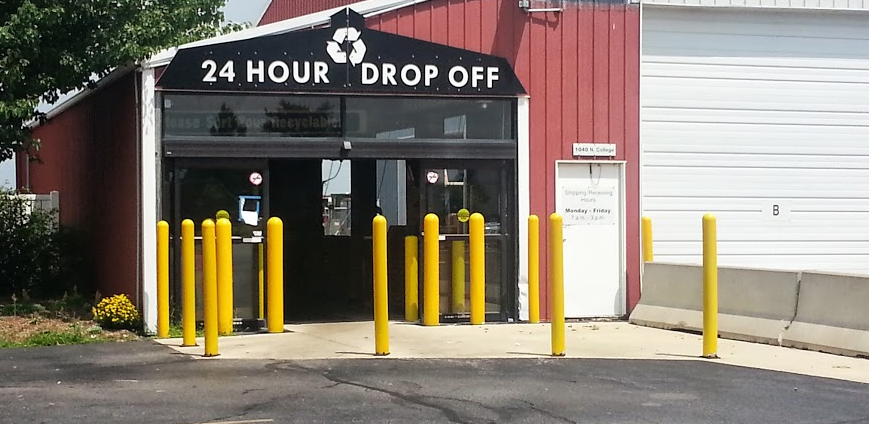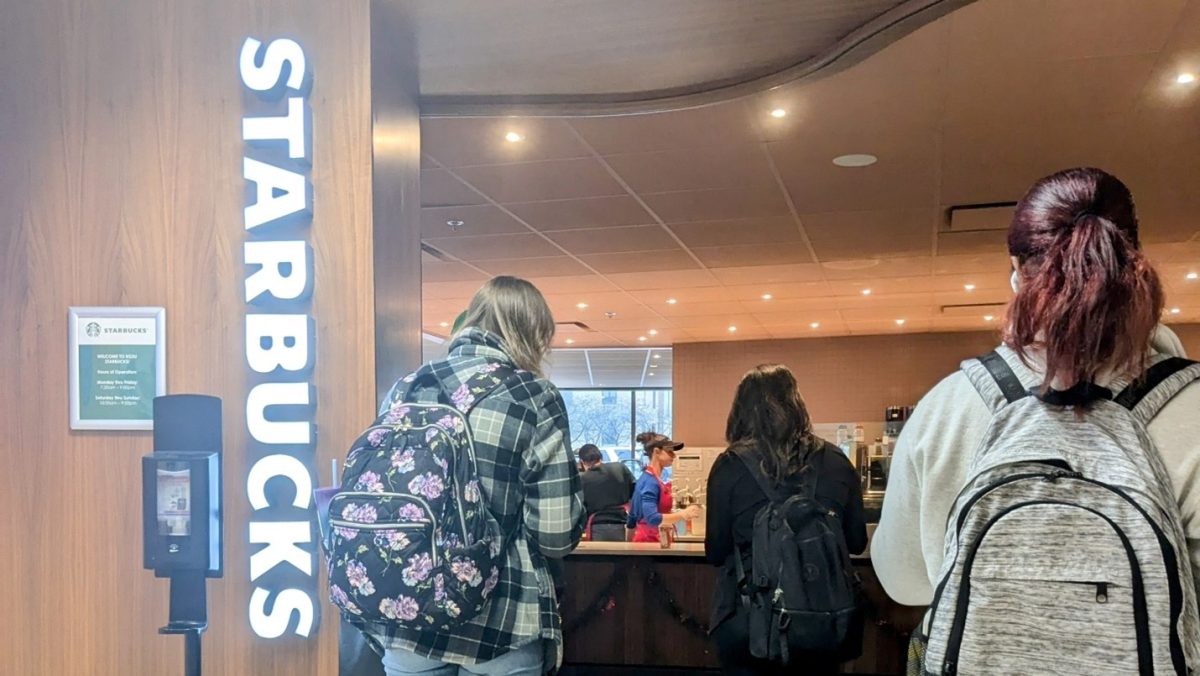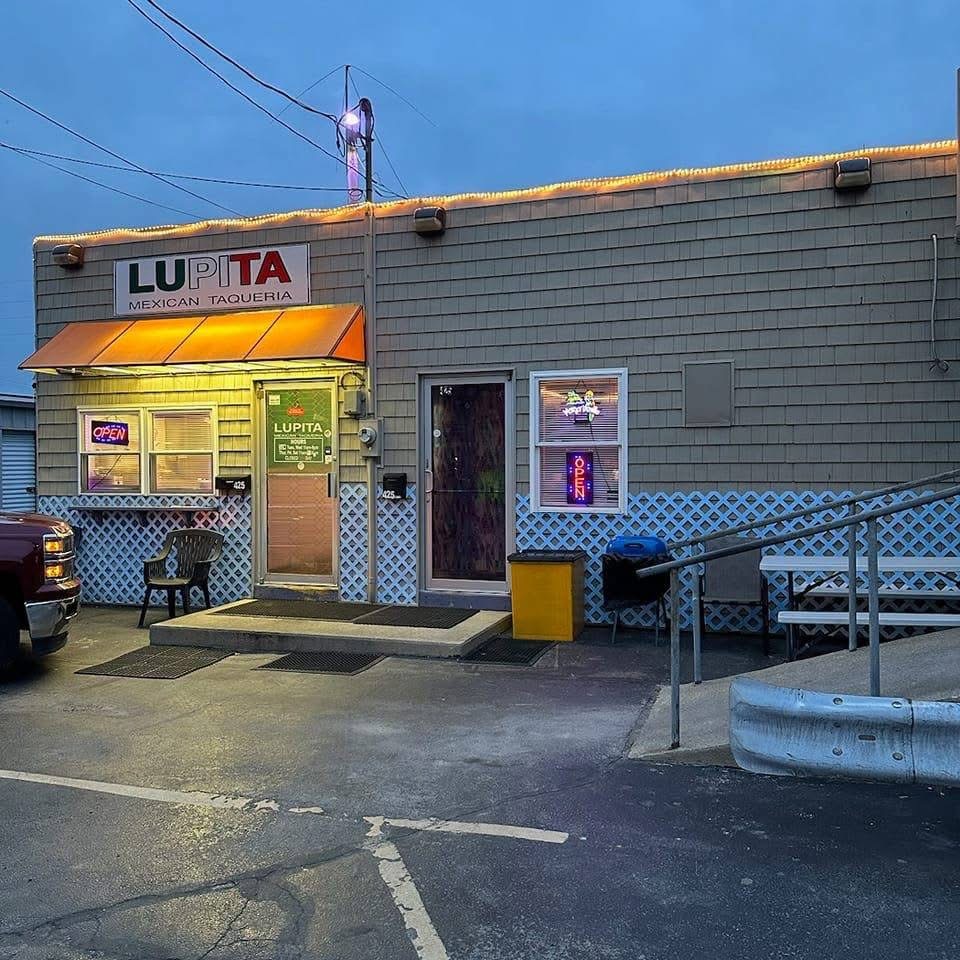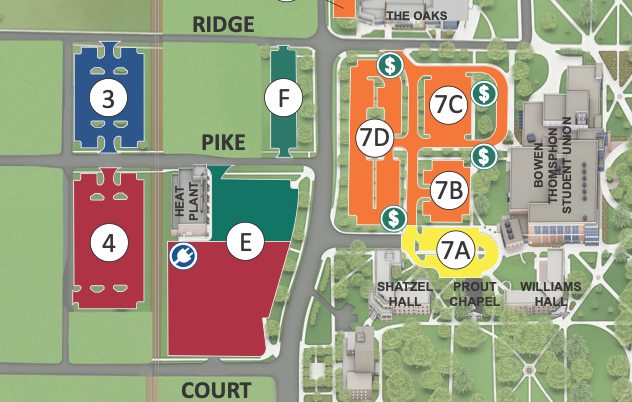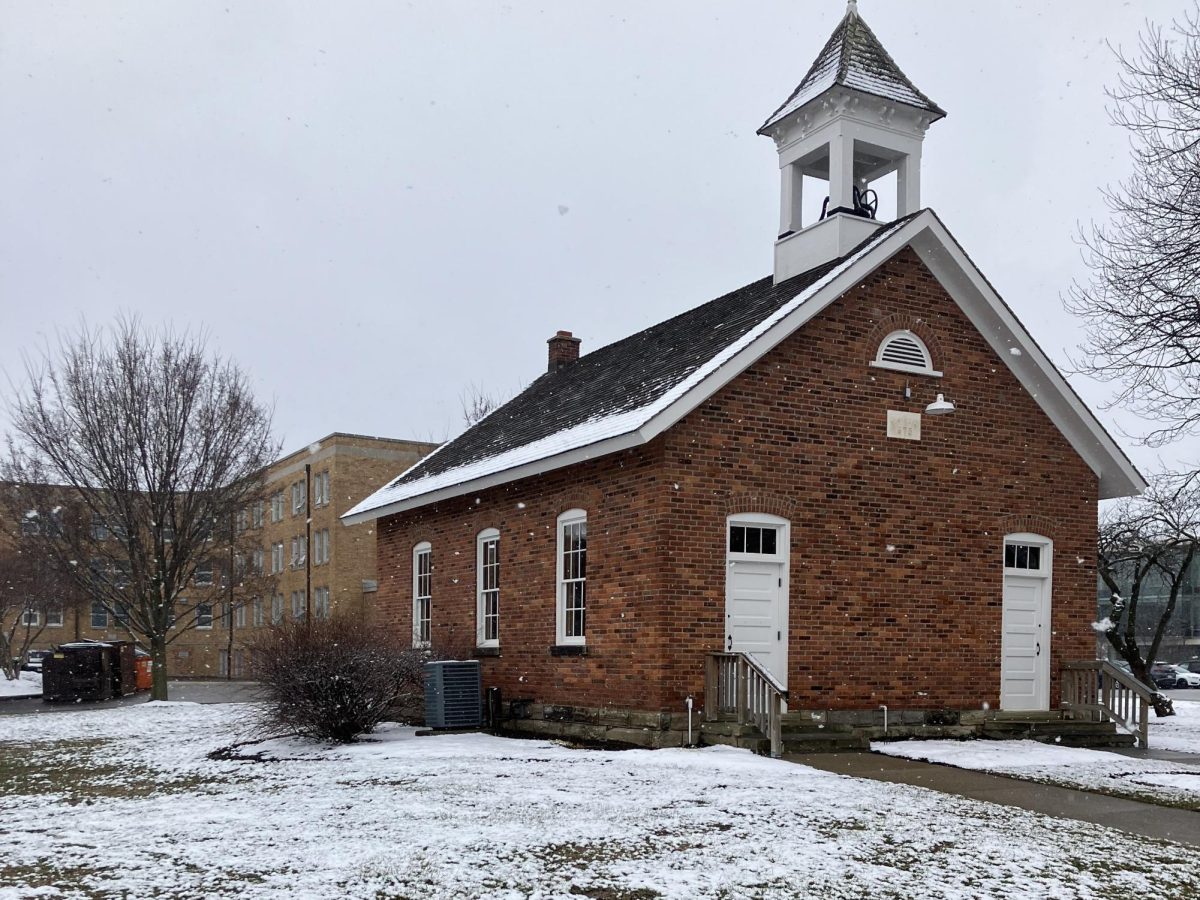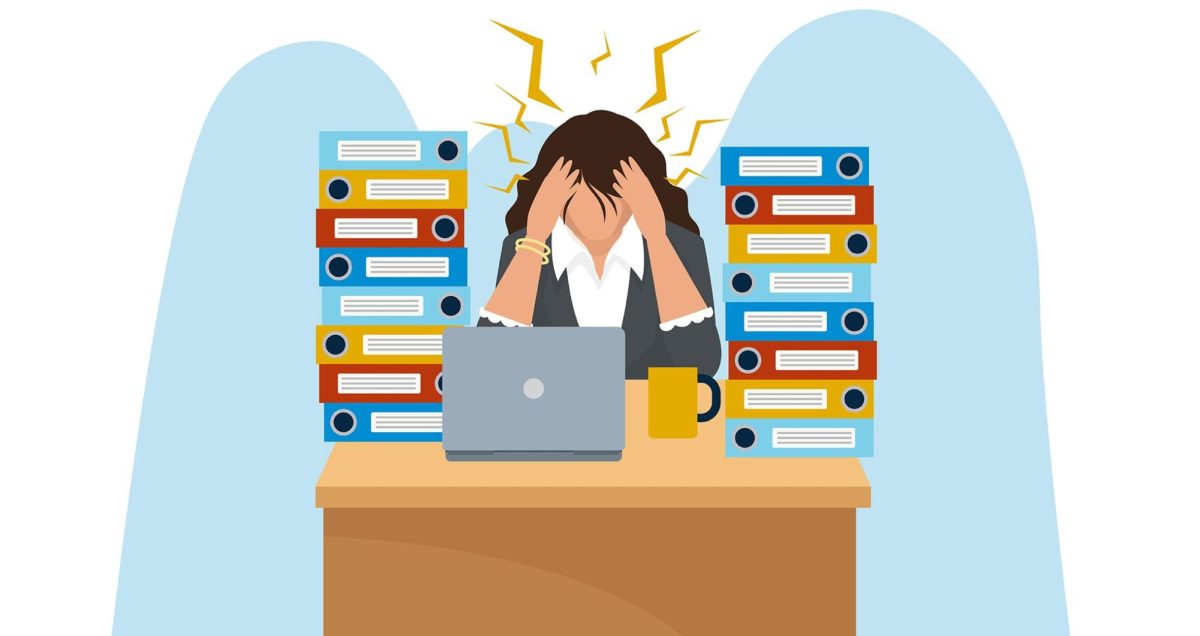On Friday, Bowling Green began a six-month food waste pilot program in partnership with Go Zero, which has an EPA-certified commercial composting facility for food waste and will provide and service the bins. This means that instead of taking up space in landfills, food waste will be turned into compost for farming.
Amanda Gamby, sustainability coordinator for the City of Bowling Green, said the program will be available to city residents at no cost during the six-month pilot program.
The pilot program is only for residents, but Gamby said students have expressed an interest in a food waste program as well. BGSU’s department of sustainability already has a pre-consumer food waste composting program that operates with the dining halls and is considering a post-consumer program as well. The department of sustainability is in direct contact with Go Zero to explore this option.
Gamby said there is a lack of facilities that will accept food waste in Ohio due to the complicated nature of composting food waste.
“For a compost system, there is a ratio of carbon sources and nitrogen” and if the science is not followed there can be a real issue with materials not composting correctly and foul smells, she said.
There are advantages to the food waste program that make it an area Ohio should consider expanding, she said.
“Just like basic recycling where we’re putting bottles and cans into bins and we’re turning them into something new, this is just an organic form of recycling where we are turning it back into soil instead of storing it in a landfill for years and years to come.”
During the six-month pilot, Gamby said the city will look at “tonnage collected, any kind of contamination issues that we’re going to try really hard to minimize. We’ll be looking at feedback from residents that are using it and incorporate that into the report. We’ll also monitor the overall site as some are concerned that there could be odor issues or pests and those kind of nuisances.”
The city is not under a contract with Go Zero, so the program could be stopped at any time. After the pilot program ends, a recommendation will be given to the mayor, administration and city council and a decision will be made. Should the food waste program continue, Gamby said it shouldn’t cost more than $3,000 to $4,000 per year. Although the city wants to avoid any additional cost to citizens, if a small user fee becomes necessary, it would be included in residents’ utility bills.
The drop-off site is located at 1040 N College Dr by the public works garage and is the same location as the yard waste drop off. Drop offs are accepted from 8 a.m. to 8 p.m. seven days a week.


